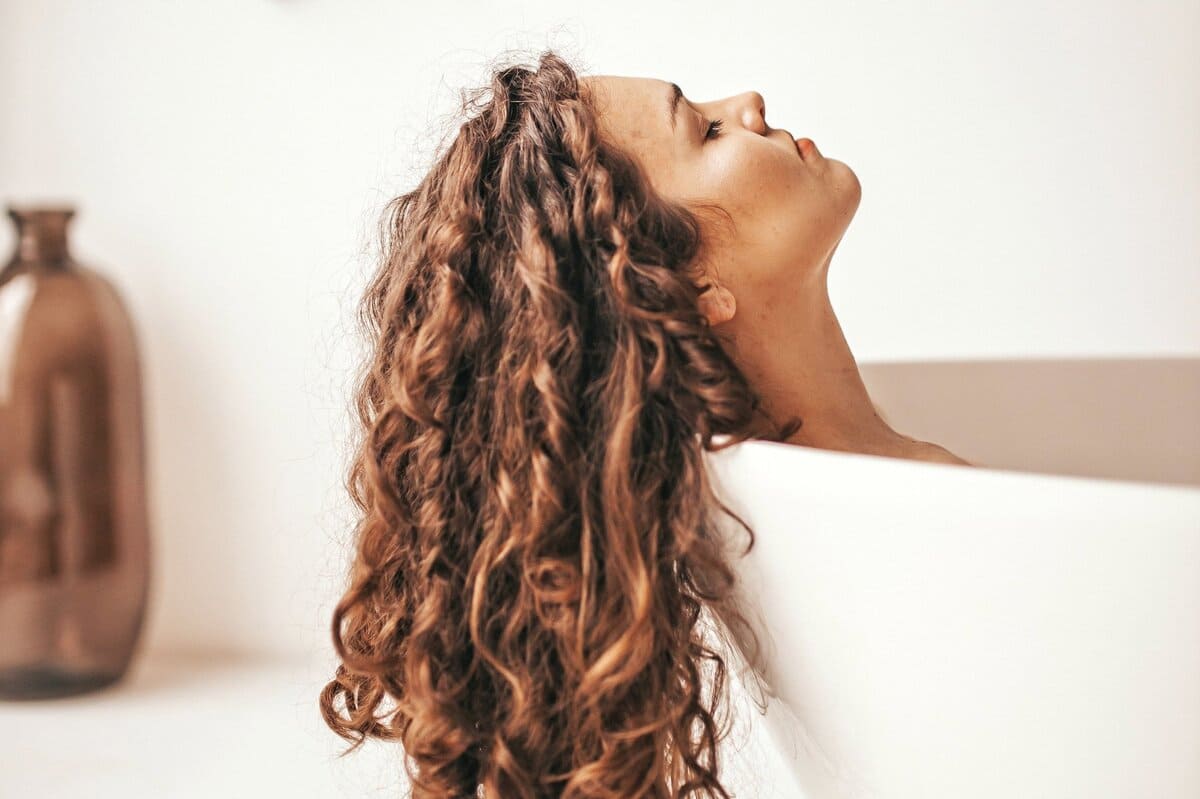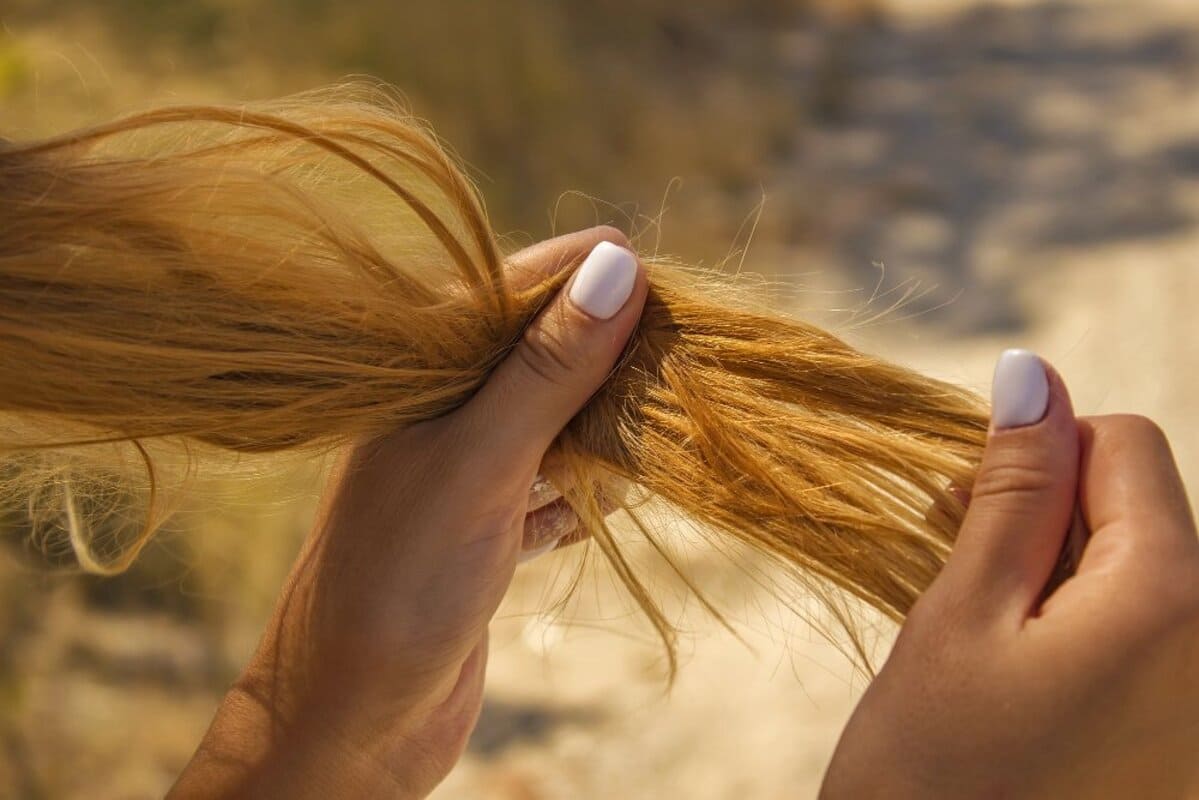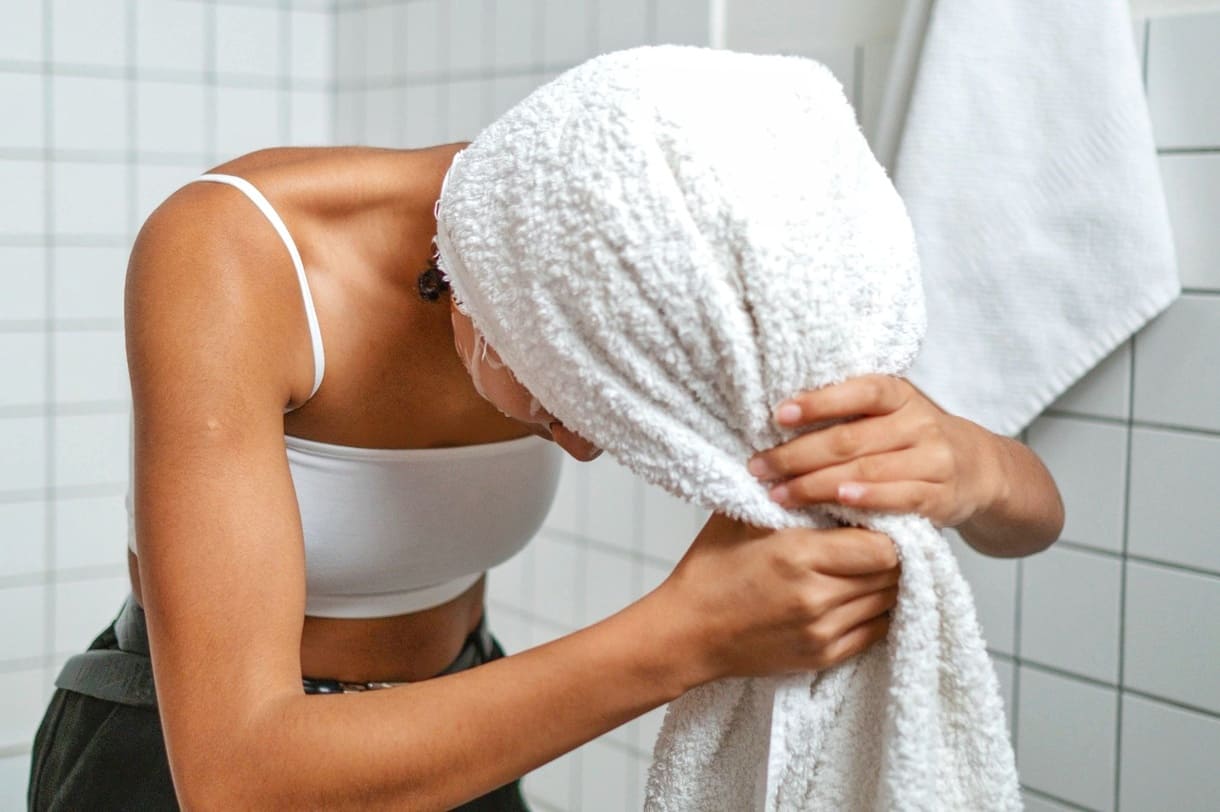Understanding how often to wash your hair is a common issue many face when maintaining a healthy hair care routine. You are continuously flooded with different opinions – some swear by daily washing, while others insist letting natural oils accumulate for days is the key. Figuring out how often to cleanse can feel like an endless puzzle.
Today, let’s discuss various factors such as hair type, lifestyle activities, and environmental conditions that influence your hair-washing frequency.
How Often To Wash Your Hair?

There is no magical number and it is more of a guessing game. Wash your hair as often as it works for you. But ideally, 2 to 3 days between wash is fine for healthy hair.
Experiment with different frequencies and monitor what works for you. As the environment, your lifestyle, and daily activities vary, the number of hair wash will do the same.
Don’t settle on whatever everyone says, unless you go to a dermat then of course listen to them. I encourage you to find your own optimal routine through trial and error.
There are different factors that influence hair-washing frequency. Let’s begin.
1. Hair Type and Texture
Different scalp and hair types and textures require varying washing schedules. You must know your hair type, porosity, and texture to determine the optimal number of hair wash. The amount of oil and sebum production is also an essential factor.
For example, if you have thin and fine hair with an oily scalp, wash it every third day. On the other hand, for individuals with thick, coarse, and dense hair but dry scalp, a wash every five to six days is more suitable.
2. Hair Health
This is so important but often neglected and not considered. If you have no hair loss, healthy hair, and a scalp that is free of excessive oil, then washing your hair twice is ideal.
But if you have different scalp and hair issues like dry, itchy, or greasy scalp alongside dandruff, psoriasis, and seborrheic dermatitis, washing hair alternative days is suitable. This helps to keep the scalp clean and free of excess sebum and debris alongside any other buildup.
3. Lifestyle and Daily Activities
Have an active exercise routine? Sweat can pose challenges to scalp hygiene and overall cleanliness. Engaging in physical activities increases sweat production, and if left unaddressed, it can contribute to an undesirable scalp odor and potential discomfort.
If you workout regularly, washing your hair more frequently is recommended. A mild, hydrating shampoo and conditioner can help maintain scalp health while addressing the effects of sweat. Post-exercise, consider using a dry shampoo to refresh your hair without a full wash, providing an easy solution.
4. Environmental Factors
Pollution, dust, and debris accumulate on your scalp, impacting overall hair health. If you live in urban areas or anywhere exposed to environmental pollutants regularly, the need for more frequent hair washes becomes apparent.
Consider incorporating protective measures into your routine. Use a gentle, clarifying shampoo to remove impurities, and invest in a wide-brimmed hat when stepping out to shield your hair from external pollutants.
Additionally, use deep-cleansing treatments or masks to rejuvenate and nourish your hair.

Common Mistakes to Avoid
Washing Your Hair Too Often Or Infrequently – This is a common mistake many of us make.
Over-washing
Overwashing is a common pitfall that many fall for. Signs of overwashing include dryness, frizz, and increased oil production as the scalp compensates for lost natural oils. Itchy or irritated skin and a dull appearance are also indicative of excessive washing.
Adjust your washing frequency based on your hair type and lifestyle. For those with drier hair, extending the time between washes can help retain essential oils.
Use a sulfate-free shampoo, and incorporate hydrating treatments to nourish your strands. Dry shampoo can be a lifesaver to refresh hair between washes. Remember, listening to your hair’s needs is essential.
Under-washing
Underwashing, or infrequent washing, can lead to a different set of challenges. Signs of underwashing include an oily or greasy scalp, increased dandruff, and a lack of freshness. Striking the right balance between cleansing and retaining natural oils is crucial.
For oil-prone scalps, opt for a gentle, sulfate-free shampoo and conditioner.
Make sure you are not doing these 11 Common Hair Mistakes That Damage Hair

Tips to Prolong Washing Duration
If you want to go longer days between washing, here are some useful tips that are helpful.
- Use Protective Hairstyle – Secure your hair in a French or Dutch braid. Loose open hair tends to get dirtier as compared to well-secured hair.
- Dry Shampoo – Using dry shampoo can help to manage greasy and dirty hair. It also helps with bad hair odor.
- Protect Hair – Protect your hair while you sleep, in the shower, or whenever needed. If there are pollutants and harsh environments, you must protect your hair. Use a shower cap, scarf, or baseball cap, whatever sails your style quotient.
Checkout 10 Super Helpful Hair Tips For Healthy Mane
Share On Pinterest